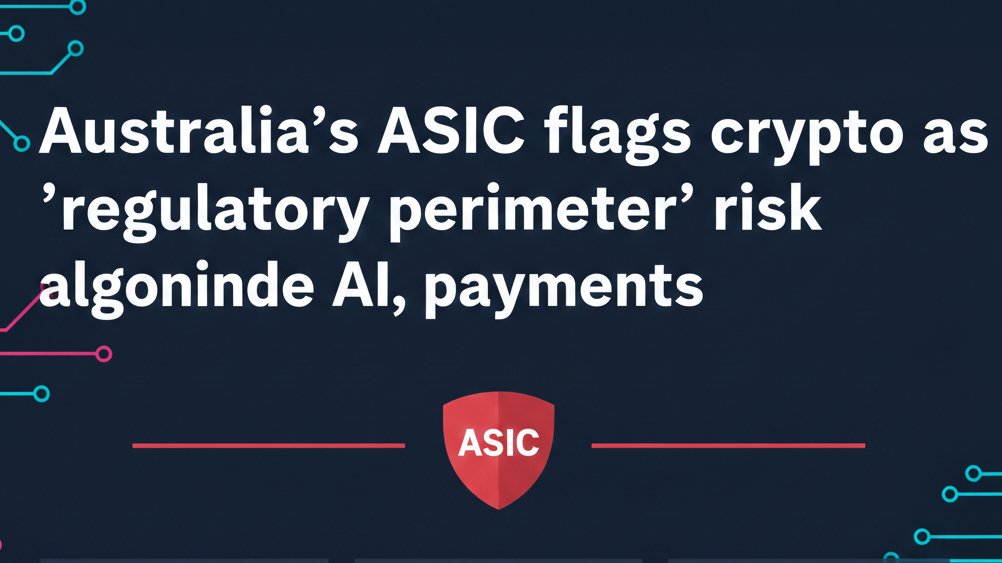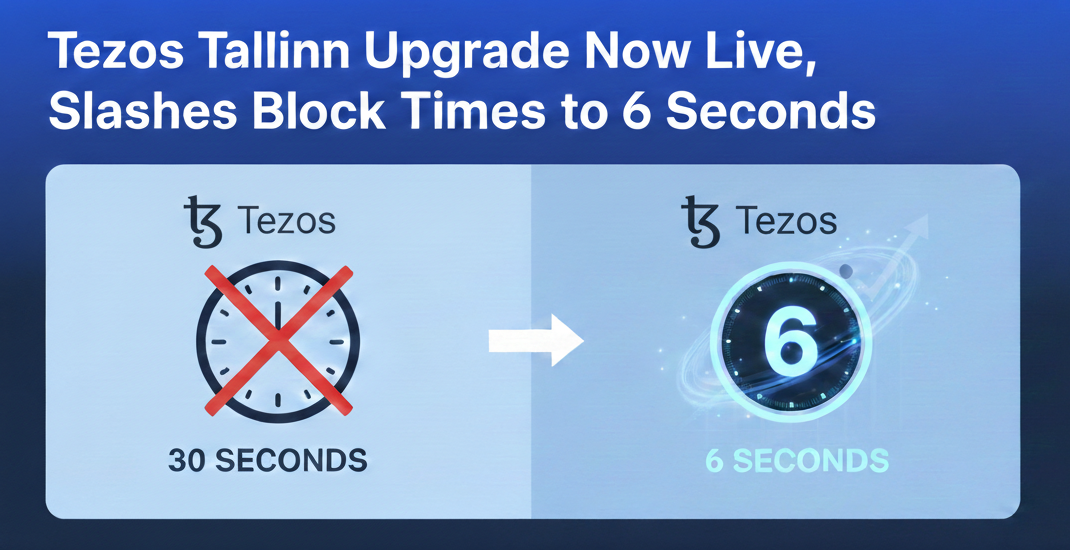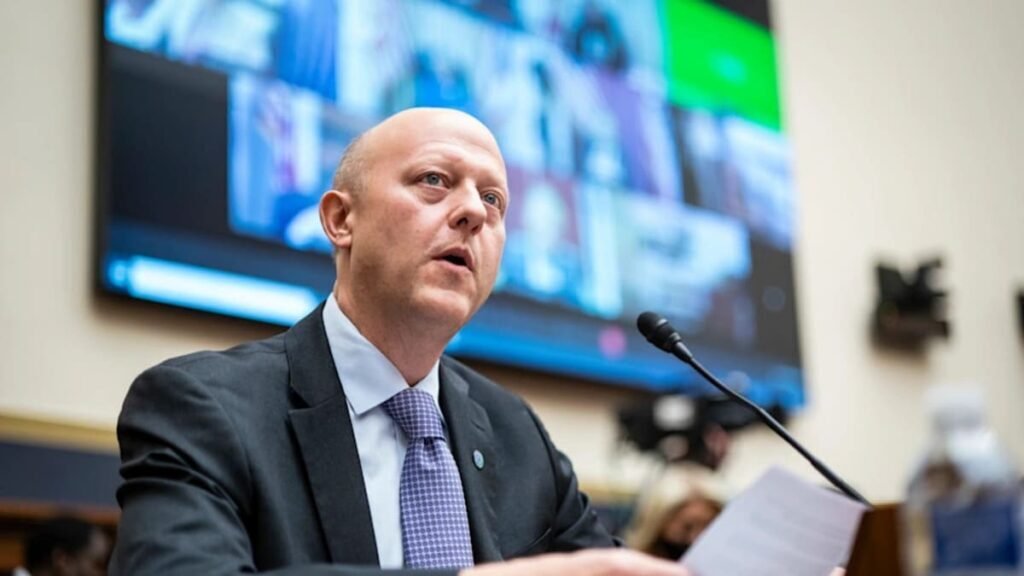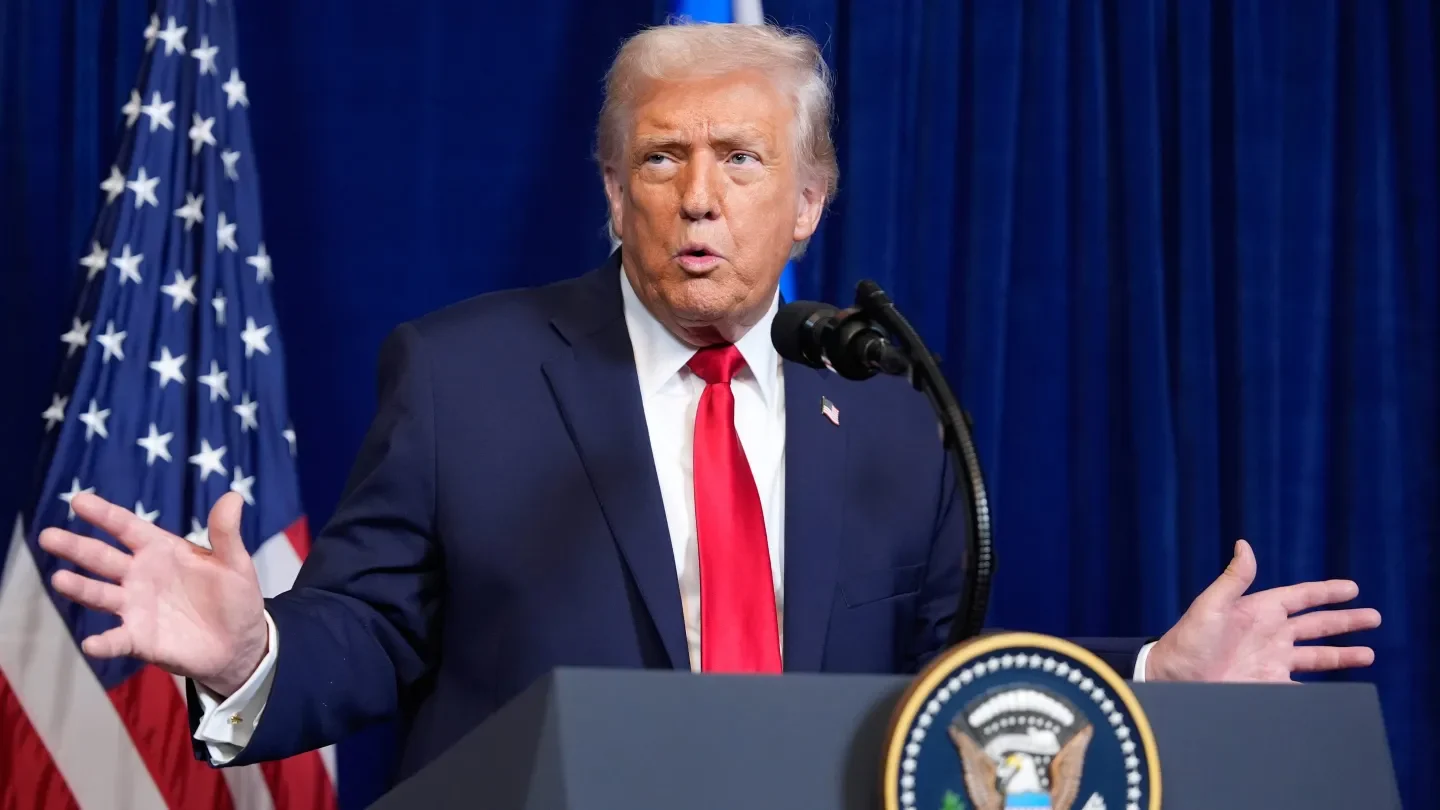Indonesia Explores National Bitcoin Reserve as Part of Economic Strategy
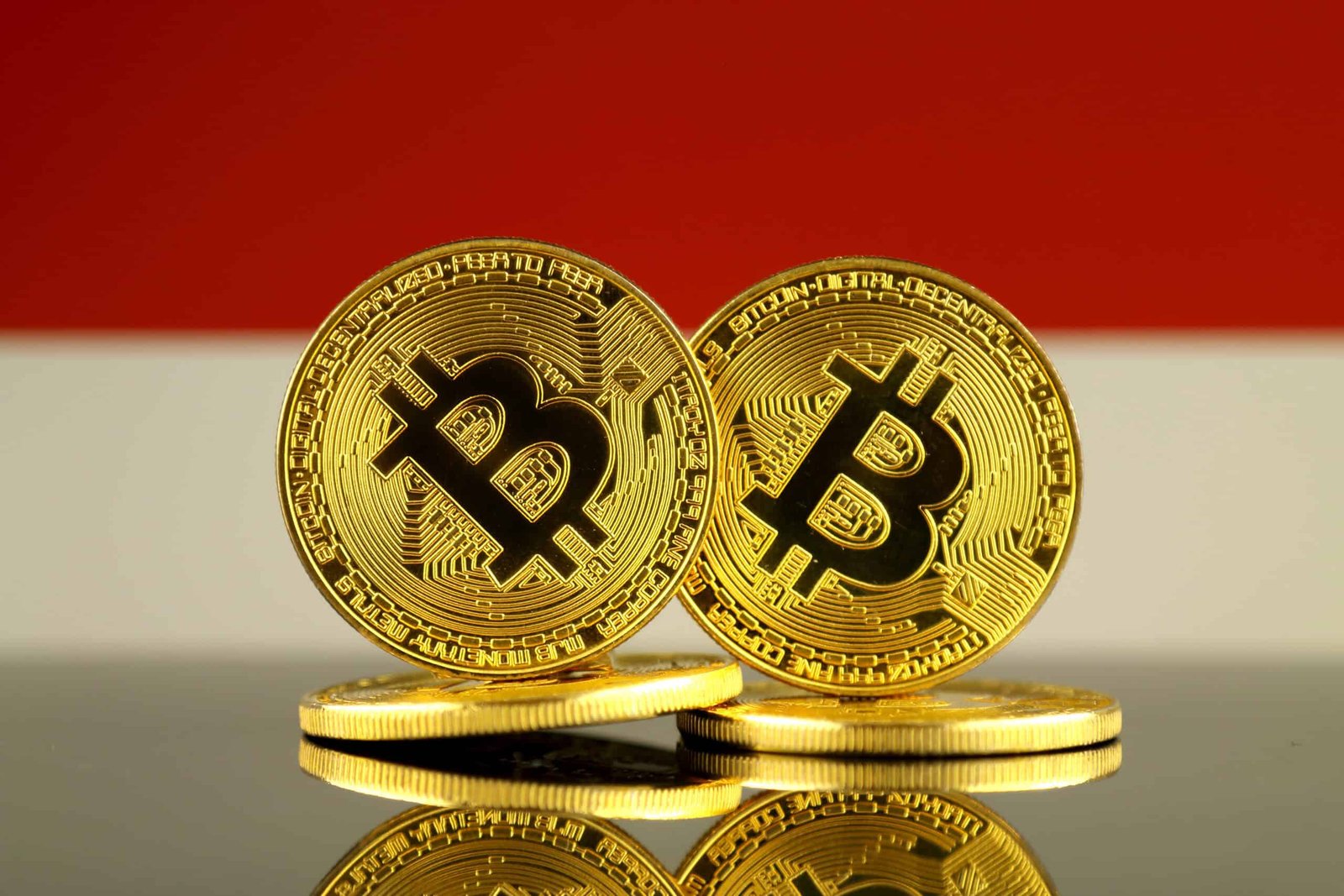
Indonesia, Southeast Asia’s largest economy, is making headlines as it considers integrating Bitcoin into its national reserve strategy a move that could position the nation at the forefront of digital asset adoption among emerging markets. According to Bitcoin Indonesia, the organization was recently invited to present its vision for leveraging Bitcoin to the office of Vice President Gibran Rakabuming Raka, signaling genuine governmental interest in the world’s leading cryptocurrency.
High-Level Meetings Signal Policy Shift Toward Bitcoin
Bitcoin Indonesia revealed in an X post that it met with officials at the vice president’s office, outlining how adopting Bitcoin could strengthen the country’s long-term economic fundamentals. The group discussed how Bitcoin mining and targeted education programs could help modernize the economy while preparing Indonesia for the future of digital finance.
“Indonesia is looking into how Bitcoin could fuel long-term economic strength,” the group shared on X, underlining the seriousness of these strategic discussions.
Economic Context: Indonesia’s Size and Potential
With over 280 million citizens and a GDP of $1.4 trillion, Indonesia ranks as the fourth-most-populous country and the 16th-largest economy globally. Its vast natural resources including abundant hydroelectric and geothermal energy present unique opportunities for sustainable Bitcoin mining, a point emphasized during Bitcoin Indonesia’s policy pitch. If harnessed, these resources could enable Indonesia to create jobs, attract foreign capital, and drive innovation via renewable-powered mining.
Bitcoin Mining, Education, and Adoption in Focus
During the meeting, Bitcoin Indonesia presented bullish scenarios for Bitcoin’s future, referencing Michael Saylor’s forecast of a potential $13 million price per BTC by 2045, and even $49 million in a “bull case.” They also stressed that broad-based education is crucial for responsible adoption. As one vice presidential office representative said, “Indonesia must also continue to educate about Bitcoin in the future.”
The pitch noted global trends: major economies like the U.S. are exploring Bitcoin reserves as a tool to hedge against inflation and manage national debt. Indonesia, however, maintains a relatively healthy debt-to-GDP ratio of 39% and low inflation (0.76% as of January 2025), making Bitcoin’s appeal less urgent as a financial hedge but compelling as an engine for innovation, foreign investment, and future-proofing the economy.
Recent Crypto Policy: Taxes up, Payments Still Banned
While the conversations are promising, Indonesia’s regulatory environment remains mixed:
- Crypto trading is allowed, but payment use is strictly prohibited.
- In August 2025, Indonesia’s Finance Ministry increased crypto taxes: income tax on local exchange sales jumped from 0.1% to 0.21%; sales on foreign exchanges from 0.2% to 1%; and the value-added tax on mining doubled to 2.2%.
- Enforcement of the crypto payment ban is relatively lax. Despite longstanding bans, Cointelegraph recently found Bali real-estate listings openly accepting Bitcoin as payment.
These policy developments underscore the government’s pragmatic approach balancing taxation, regulation, and cautious innovation while allowing the local crypto ecosystem to slowly mature.
Why Indonesia’s Bitcoin Reserve Strategy Matters
Should Indonesia formally adopt Bitcoin as part of its reserves or ramp up support for domestic Bitcoin mining, it would join an exclusive list of countries exploring blockchain for national resilience and monetary diversification. Given the country’s demographic heft and resource wealth, Indonesia’s move could inspire neighboring nations to revisit their own digital asset strategies to remain competitive.
Indonesia’s experiment with Bitcoin as a national reserve and economic innovation strategy shows how even cautious governments are exploring ways to tap into the digital asset revolution balancing fiscal prudence with future-facing policy flexibility. As dialogues progress, Indonesia could set a regional benchmark for integrating Bitcoin into both financial reserves and broader national growth plans

